Therapy for anxiety

If you're feeling overwhelmed, constantly worried, or like your mind won't slow down, you're not alone. Anxiety touches millions of Canadians every year, and it's okay to reach out for help. Working with a therapist can help you find your way back to feeling calm and in control. Let's explore what anxiety really looks like, how therapy can help, and connect you with therapists who understand what you're going through.
What is anxiety?
Common signs and symptoms
Anxiety shows up differently for everyone. Maybe your heart pounds before work meetings, or you lie awake at 3 AM replaying conversations from years ago. Perhaps you feel that familiar knot in your stomach when facing everyday situations that others seem to handle easily. These physical sensations—racing heartbeat, sweaty palms, trembling hands, feeling like you can't catch your breath—are your body's alarm system working overtime.
Beyond the physical, anxiety can feel like having a harsh critic living in your head. You might find yourself imagining worst-case scenarios, double-checking everything, or avoiding things you once enjoyed because they now feel too overwhelming. Many people describe feeling exhausted at the end of the day, not from physical activity, but from the mental marathon of managing constant worry.
How it differs from similar conditions
Everyone experiences stress and worry—it's part of being human. But anxiety is different. While stress usually has a clear cause and fades when the situation improves, anxiety can persist even when everything seems fine on paper. Regular worry makes sense given the situation; anxiety feels excessive and hard to control, like your worry dial is stuck on high.
Sometimes anxiety runs in families—if your parents or siblings have experienced it, you might be more likely to as well. Life experiences matter too. According to the Canadian Mental Health Association, difficult childhood experiences, ongoing stress, or major life transitions can trigger anxiety. Even physical factors like thyroid issues or too much caffeine can play a role.
Statistics in Canada
You're far from alone in this experience. According to Statistics Canada's 2022 Mental Health Survey, anxiety has become increasingly common, especially since 2020. CAMH research shows that while anxiety is widespread, it's also one of the most treatable mental health conditions. Most people who seek therapy see real improvement.
The real impact of anxiety
Relationships and social life
Anxiety can make you feel isolated even when surrounded by people who care about you. You might cancel plans because the thought of going out feels overwhelming, then feel guilty about disappointing friends. Partners might not understand why simple requests trigger such strong reactions. Over time, you might find yourself withdrawing to avoid the anxiety that social situations bring, which can make you feel even more alone. It's a difficult cycle, but therapy can help you break it.
Work or school performance
Anxiety doesn't respect boundaries—it follows you to work or class. You might spend hours perfecting tasks that should take minutes, or procrastinate because starting feels overwhelming. In meetings, you might have great ideas but feel too anxious to share them. Students often describe knowing the material inside out but freezing during exams. The mental energy spent managing anxiety leaves less for actual work, making everything feel harder than it should be.
How therapy helps with anxiety
Overview of why professional support matters
While self-help books and apps can be useful, working with a therapist offers something different: a trained professional who can see patterns you might miss, teach you specific techniques that actually work, and support you through the harder parts of recovery. Think of it like having a skilled guide when navigating unfamiliar terrain—you could figure it out alone, but having someone who knows the path makes the journey safer and faster.
What happens in therapy
Starting therapy might feel intimidating, but most people find it's not what they expected. You won't lie on a couch talking about your childhood (unless you want to). Instead, modern anxiety therapy is practical and collaborative. Your therapist will work with you to understand your specific anxiety triggers and teach you concrete tools to manage them.
Sessions usually involve talking through recent situations where anxiety showed up, practicing new coping strategies, and planning small experiments to try between sessions. Your therapist won't push you to do anything you're not ready for—they'll match your pace and help you build confidence gradually.
Evidence-based approaches that work
Cognitive Behavioural Therapy (CBT)
CBT has the strongest research support for treating anxiety. It helps you identify anxious thought patterns and test whether they're accurate. You'll learn practical skills to challenge worry thoughts and respond differently to anxiety triggers.
Exposure therapy
This involves gradually facing feared situations in a safe, controlled way. It sounds scary, but it's done at your pace. As you practice, your brain learns these situations aren't actually dangerous, and anxiety naturally decreases.
Acceptance and Commitment Therapy (ACT)
Instead of fighting anxious thoughts, ACT teaches you to acknowledge them without letting them control your actions. You'll learn to focus on what matters most to you, even when anxiety is present.
Mindfulness-based approaches
These techniques help you stay anchored in the present instead of getting caught in "what if" thinking. Regular mindfulness practice can reduce both the frequency and intensity of anxiety.
What to expect from therapy for anxiety
First session: what happens
Your first session is really just a conversation. Your therapist will want to understand what brought you to therapy and what you're hoping to change. They'll ask about your symptoms, but also about your life, your strengths, and what matters to you. This helps them tailor their approach to fit you specifically.
It's completely normal to feel nervous—most people do. A good therapist expects this and will help you feel comfortable. You're in control of what you share and when.
Timeline: when people typically see progress
Many people notice small changes within the first month—maybe sleeping a bit better or catching anxious thoughts sooner. More significant improvements typically happen around 8 to 12 sessions, though everyone's timeline is different.
Recovery isn't a straight line. Some weeks you'll feel like you're making great progress, others might feel harder. This is completely normal and doesn't mean therapy isn't working.
Between sessions: homework and practice
The real work of therapy happens in your daily life. Your therapist might suggest keeping track of anxious moments, trying breathing exercises, or gradually approaching something you've been avoiding. This isn't busywork—it's how you build new habits and confidence. People who practice between sessions typically see faster improvement.
Measuring success: what improvement looks like
Success doesn't mean becoming someone who never worries. It means anxiety no longer runs your life. You'll still feel nervous sometimes—that's human. But you'll bounce back faster, make decisions based on what you want rather than what anxiety tells you to avoid, and have confidence that you can handle anxious moments when they arise. Life becomes about living, not just managing anxiety.
Find a therapist who specializes in anxiety
Choosing the right therapist matters. Each province in Canada has its own regulations, which is why working with a recognized professional can make a real difference in your care. Stellocare takes the uncertainty out of the process by listing only verified therapists you can trust.
The right therapist for you
No therapists found with these specialties in Ontario.
Try selecting a different province.Additional resources for managing anxiety
Community services
National support services
The Canadian Mental Health Associationhas branches across Canada offering anxiety support groups, psychoeducation workshops, CBT-based programs, and crisis support. Services vary by location, and many are free or low-cost.
Workplace and student support
Many employers offer Employee Assistance Programs that include short-term counselling for anxiety, stress, and burnout at no cost. Most colleges and universities in Canada provide free counselling services, crisis support, and anxiety management workshops for enrolled students.
Indigenous-specific support
Hope for Wellness Help Lineoffers culturally grounded counselling for Indigenous peoples across Canada. Support is available 24/7 by phone or chat in English, French, Cree, Ojibway, and Inuktitut. Call 1-855-242-3310.
Self-help techniques
Breathing and Relaxation
- Slow breathing: Breathe in for 4 counts, hold for 4, out for 6. This activates your body's natural relaxation response.
- Progressive muscle relaxation: Tense and release each muscle group, starting from your toes up to your head.
- Box breathing: In for 4, hold for 4, out for 4, hold for 4—repeat until you feel calmer.
Lifestyle and Physical Practices
- Movement: Even a 10-minute walk can reduce anxiety. Find movement you enjoy—it doesn't have to be the gym.
- Sleep routine: Try to sleep and wake at consistent times. Create a wind-down routine without screens.
- Mindful eating: Notice how caffeine and alcohol affect your anxiety. Small changes can make a big difference.
Cognitive and Mindfulness
- Worry journal: Write anxious thoughts down to get them out of your head. Sometimes seeing them on paper reduces their power.
- 5-4-3-2-1 grounding: Name 5 things you see, 4 you can touch, 3 you hear, 2 you smell, 1 you taste.
- Question your thoughts: Ask yourself: "Is this thought helpful? Is it accurate? What would I tell a friend?"
- Worry time: Set 15 minutes daily to worry on purpose, then redirect worries outside that time.
Social and Boundaries
- Connection: Reach out to one person today, even just a text. Isolation feeds anxiety.
- Saying no: "I can't take that on right now" is a complete sentence. Protect your energy.
- Media breaks: Set specific times to check news rather than constant scrolling.
Helpful Canadian options includeRootd, a panic and anxiety support app with grounding, breathing, and CBT-based tools.
Common questions about therapy for anxiety
How long does therapy take?
Most people benefit from 12 to 20 sessions, but some see improvement in as few as 6 to 8 sessions. Your therapist will work with you to determine what feels right for your situation.
Will I need medication?
Many people successfully manage anxiety through therapy alone. If medication might help, your therapist can discuss this with you and provide a referral to a doctor if needed. The choice is always yours.
What if I'm too anxious to start therapy?
This is so common that therapists expect it. When you reach out, let them know you're feeling anxious about starting. They can offer options like shorter first sessions, virtual meetings, or email communication to start.
Is virtual therapy as effective as in-person?
Research consistently shows that online therapy works just as well as in-person therapy for anxiety. Many people actually prefer virtual sessions because they can be in their own comfortable space. Choose whatever format feels right for you.
How do I know if therapy is working?
Progress often starts small—sleeping a bit better, catching anxious thoughts sooner, or feeling slightly less overwhelmed. Your therapist will regularly check in about your goals and progress. Trust your own sense of whether things are improving, even gradually.
Related concerns
References
- Centre for Addiction and Mental Health (CAMH). (2024). Mental Health Statistics. Retrieved from https://www.camh.ca/en/driving-change/the-crisis-is-real/mental-health-statistics
- Statistics Canada. (2023). Mental disorders and access to mental health care. Retrieved from https://www150.statcan.gc.ca/n1/daily-quotidien/230922/dq230922b-eng.htm
- Canadian Mental Health Association. (2024). Anxiety Disorders. Retrieved from https://cmha.ca/brochure/anxiety-disorders/
- Kaczkurkin, A. N., & Foa, E. B. (2015). Cognitive-behavioral therapy for anxiety disorders: an update on the empirical evidence. Dialogues in Clinical Neuroscience, 17(3), 337-346. Retrieved from https://www.ncbi.nlm.nih.gov/pmc/articles/PMC4610618/
- Andrews, G., Basu, A., Cuijpers, P., Craske, M. G., McEvoy, P., English, C. L., & Newby, J. M. (2018). Computer therapy for the anxiety and depression disorders is effective, acceptable and practical health care: An updated meta-analysis. Journal of Anxiety Disorders, 55, 70-78. Retrieved from https://pubmed.ncbi.nlm.nih.gov/29422409/
- Government of Canada. (2024). Hope for Wellness Help Line. Retrieved from https://www.hopeforwellness.ca/
- Otte, C. (2011). Cognitive behavioral therapy in anxiety disorders: current state of the evidence. Dialogues in Clinical Neuroscience, 13(4), 413-421. Retrieved from https://www.ncbi.nlm.nih.gov/pmc/articles/PMC3263389/
- Bandelow, B., Michaelis, S., & Wedekind, D. (2017). Treatment of anxiety disorders. Dialogues in Clinical Neuroscience, 19(2), 93-107. Retrieved from https://www.ncbi.nlm.nih.gov/pmc/articles/PMC5573566/
About Stellocare
Stellocare is a Canadian platform where you can find the best fit therapist for you. Search the right thperaists now by asking our AI, browsing our list, or finding our social workers for personal referral.

Kat Sevsek
Registered Psychotherapist (Qualifying) (ON)

Dalia Mohammed
Registered Psychotherapist (ON)

Shani Ellis-Alman
Registered Social Worker (ON)
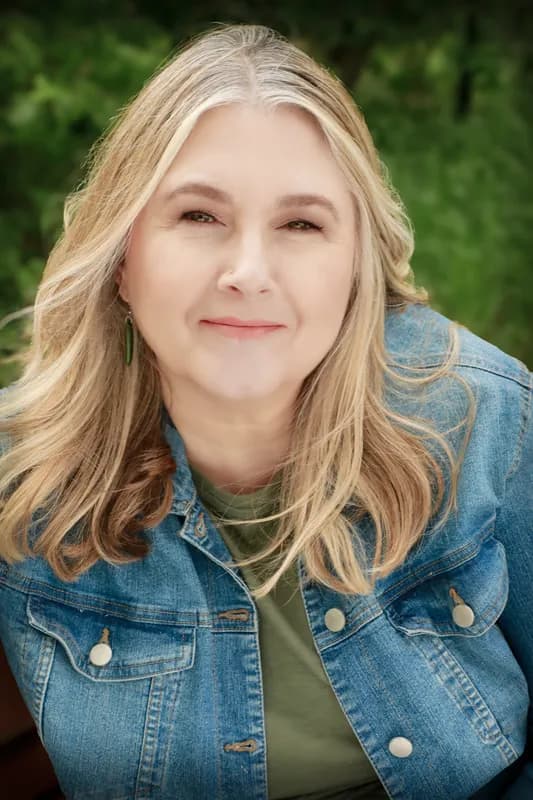
Renée Dangerfield-Allen
Registered Social Worker (AB)

Irfa Samnani
Registered Psychotherapist (Qualifying) (ON)

Alexia Carbone
Registered Psychotherapist (Qualifying) (ON)

Pantea Ahmadian
Registered Psychotherapist (Qualifying) (ON)

Adrienne Na
Registered Psychotherapist (Qualifying) (ON)
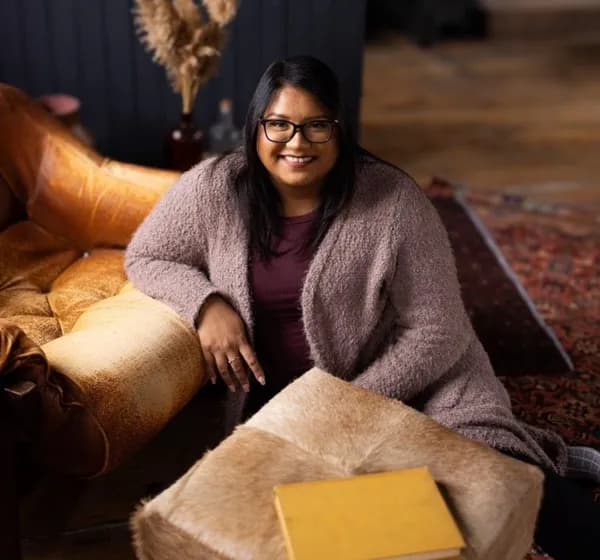
Harpreet Sahota
Registered Social Worker (ON)

Amelia Henriquez
Registered Psychotherapist (Qualifying) (ON)
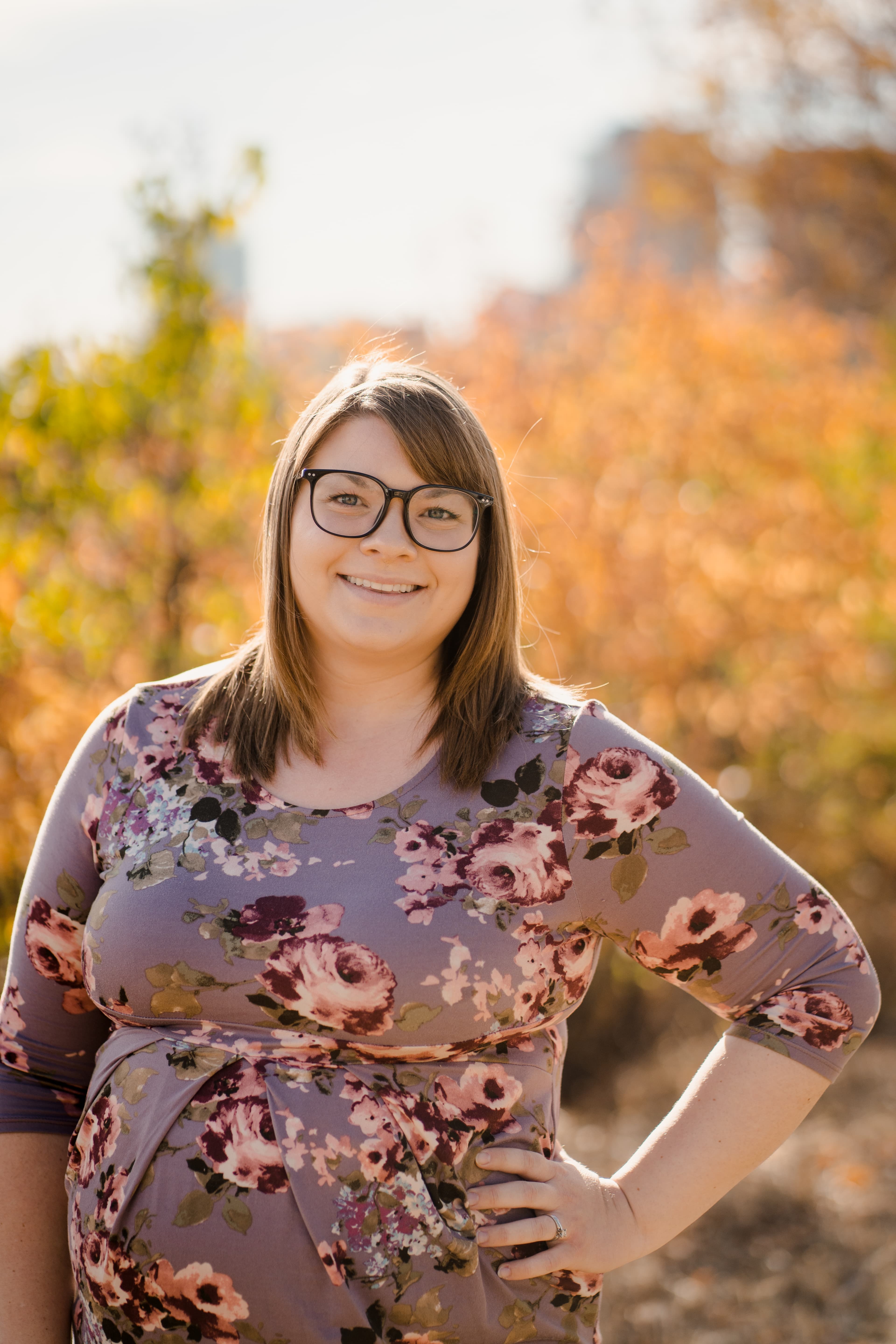
Kaitlin Schamber
Registered Psychologist (AB)

Rex Cheung
Registered Social Worker (ON)

Lesley Baker
Licensed Counselling Therapist (NB)

Jinny Hong
Registered Psychologist (ON)

Lisa Davis
Registered Social Worker (ON)

Nicole Klix
Registered Clinical Counsellor (BC)

Liz Hagerty
Registered Social Worker (BC)
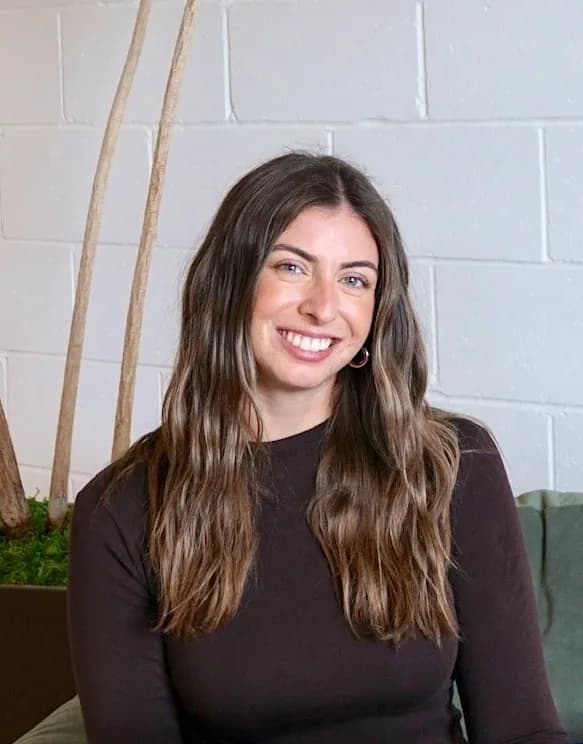
Ivana Di Cosola
Registered Social Worker (ON)

Shannon Gallagher
Canadian Certified Counsellor
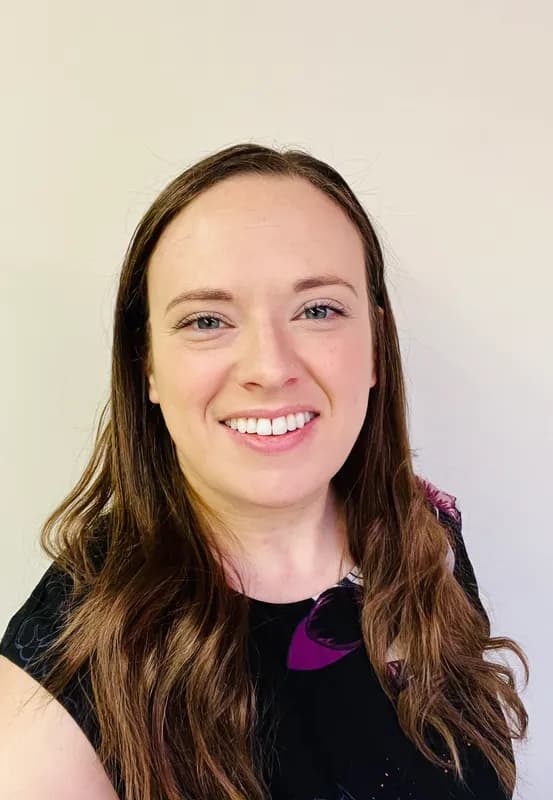
Carissa Cochrane
Canadian Certified Counsellor

Kat Sevsek
Registered Psychotherapist (Qualifying) (ON)

Dalia Mohammed
Registered Psychotherapist (ON)

Shani Ellis-Alman
Registered Social Worker (ON)

Renée Dangerfield-Allen
Registered Social Worker (AB)

Irfa Samnani
Registered Psychotherapist (Qualifying) (ON)

Alexia Carbone
Registered Psychotherapist (Qualifying) (ON)

Pantea Ahmadian
Registered Psychotherapist (Qualifying) (ON)

Adrienne Na
Registered Psychotherapist (Qualifying) (ON)

Harpreet Sahota
Registered Social Worker (ON)

Amelia Henriquez
Registered Psychotherapist (Qualifying) (ON)

Kaitlin Schamber
Registered Psychologist (AB)

Rex Cheung
Registered Social Worker (ON)

Lesley Baker
Licensed Counselling Therapist (NB)

Jinny Hong
Registered Psychologist (ON)

Lisa Davis
Registered Social Worker (ON)

Nicole Klix
Registered Clinical Counsellor (BC)

Liz Hagerty
Registered Social Worker (BC)

Ivana Di Cosola
Registered Social Worker (ON)

Shannon Gallagher
Canadian Certified Counsellor

Carissa Cochrane
Canadian Certified Counsellor

